Information Technology
NQF Level:
Credits:
Minimum Duration:
Faculty:
Department:
Accreditation Authority:
Why Choose This Qualification?
Admission Requirements.
- NQF Level 5 Higher Certificate in Information Technology, or an equivalent NQF Level 6 Diploma in ICT
- Recognition of Prior Learning (RPL): Available to recognize your previous learning
Qualification Structure.
Year 1: Business Communication, Applications Development, Networking, and Web Technology.
Year 2: Advanced Networking, Database Systems, Software Testing, and Quality Assurance.
Year 3: Cloud Computing, Big Data Analytics, AI, and Work Integrated Learning.
Learning Outcomes.
- Solve complex ICT problems using advanced critical-thinking and problem-solving skills.
- Design and manage innovative ICT systems that meet organizational needs.
- Demonstrate leadership and ethical practices in ICT.
- Adapt to emerging technologies, ensuring relevance in the evolving ICT landscape.
International Comparability.
- MIT (USA): Hands-on experiences in AI, data science, and cloud computing.
- Western Sydney University (Australia): Balanced theory and practice with a focus on emerging technologies.
Qualification Modes of Delivery and Support.
- Contact Learning: In-person engagement with industry experts.
- Blended Learning: A mix of interactive online and face-to-face sessions.
- Distance Learning: Flexible, self-paced study.
Career Opportunities.
- AI Software Developer
- Cybersecurity Specialist
- Cloud Solutions Architect
- ICT Systems Analyst
- Big Data Analyst
Articulation Options.
- Honours Degrees (NQF Level 8): Specialize in ICT or related fields.
- Postgraduate Diplomas (NQF Level 8): Expand expertise in cybersecurity, AI, or data science.
- Master’s Degrees (NQF Level 9): Leadership roles in ICT.
Ensure Compliance, Empower Financial Accuracy.
With the Occupational Certificate in Tax Technology, you’re not just earning a qualification—you’re stepping into a crucial role in maintaining tax compliance and supporting financial accuracy. Gain the expertise to manage tax calculations, ensure VAT and payroll compliance, and navigate complex tax regulations with confidence.
Don’t wait to become an essential part of the financial sector.
Enroll today and build a career where you secure financial integrity and guide clients with precision!




